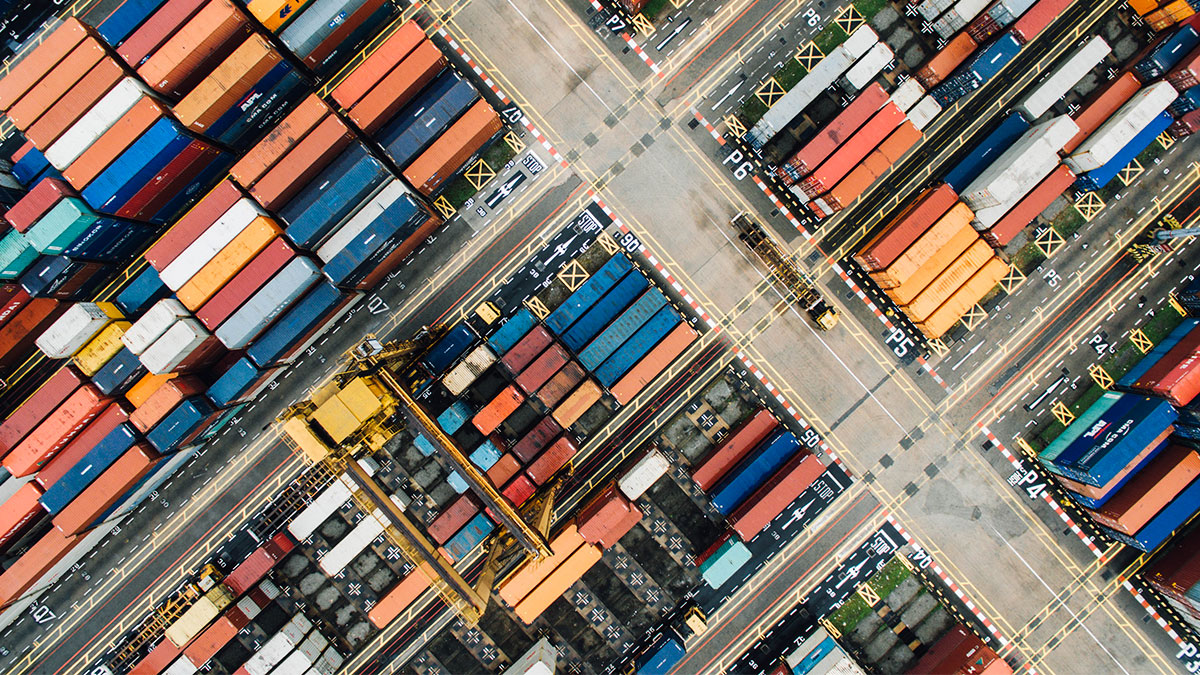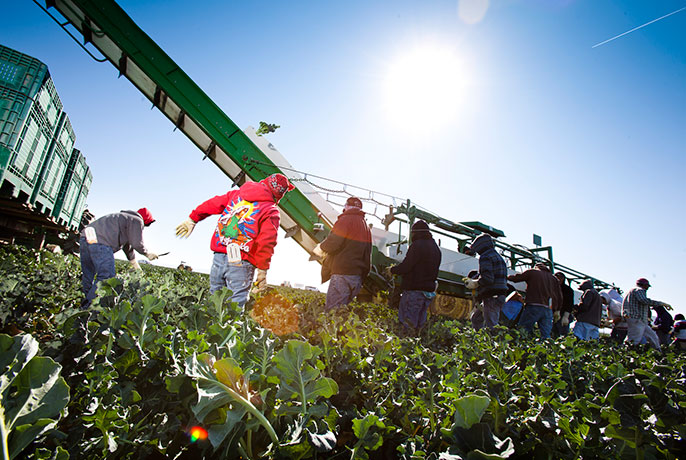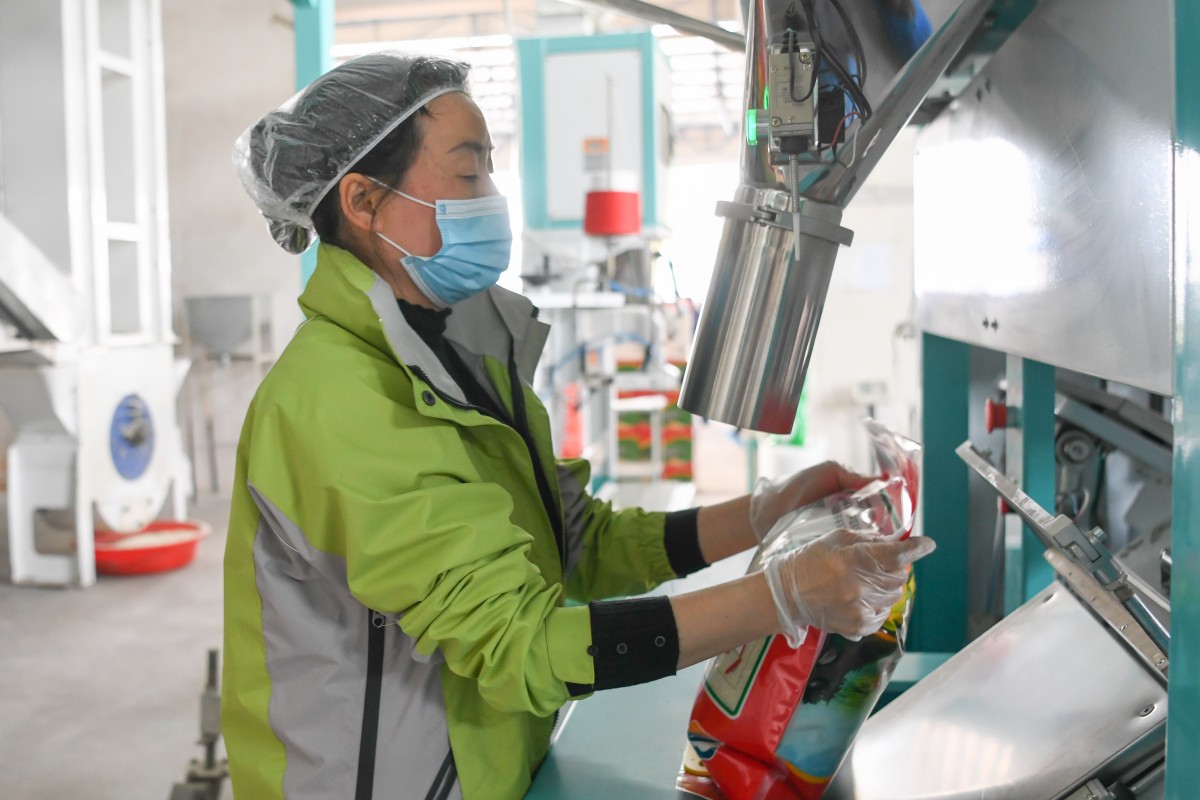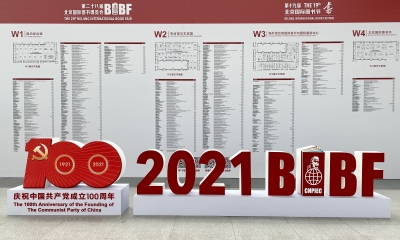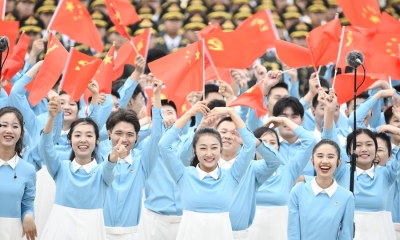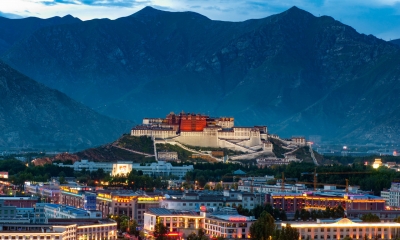Is Global Food Crisis Looming as Pandemic of COVID-19 Continues?
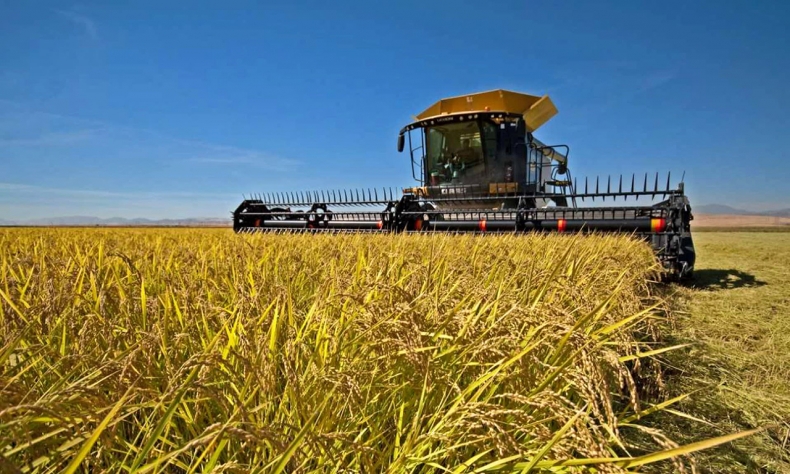
Disruption to global food supply caused by rising export controls and a labor bottleneck will fall much more heavily on the shoulders of poorer nations.
The escalating coronavirus pandemic coupled with a notable rise in protectionism threatens to cause a global food shortage, warns a UN report.
In response, some of the world’s biggest food companies have called on governments and international organizations to support the agriculture sector and more importantly maintain open and free trade channels. They warn that If their call to arms is not heeded quickly enough, the number of people suffering chronic hunger could increase by 800 million over the coming months.
Maximo Torero, chief economist of the UN Food and Agriculture Organization, noted that whilst harvests have been good and the outlook for staple crops is promising, a shortage of migrant farm labor due to travel restrictions could impact global food supply. He stressed that the biggest danger lies in governments introducing tariffs and export controls.
“The worst that can happen is that governments restrict the flow of food,” he said. “All measures against free trade will be counterproductive. Now is not the time for restrictions or putting in place trade barriers. Now is the time to protect the flow of food around the world.”
Rising export controls
The warning from the FAO comes as a growing number of countries have introduced export controls.
The Eurasian Economic Commission (EEC), which presides over important grain producing countries including Russia, Kazakhstan, Belarus, Armenia and Kyrgyzstan, recently introduced an export ban on a number of food products. The customs union announced restrictions on the export of buckwheat, rice, rye and sunflower seeds, as well as a complete ban on the supply of soybeans and some vegetables until June 30.
In India, the world’s largest rice exporter, rice traders have stopped signing new export contracts due to labor shortages and logistical disruptions. And Vietnam – the world’s third largest rice exporter, – has also temporally suspended rice exports in order to ensure national food security. On April 11, Vietnamese Prime Minister Nguyen Xuan Phuc agreed to resume rice exports, but only on a limited basis. Vietnam’s Ministry of Industry and Trade proposed the export of some 800,000 tons of rice throughout April and May – a drop of about 40 percent compared with the same period last year.
Ukraine, one of the world’s leading wheat exporters, slashed its exports of the grain to an average 14,000 tons a day In April from 44,000 tons in March. The economy ministry said that controls had been implemented to ensure domestic supplies.
Labor bottleneck
In addition to the rising export controls, there are growing concerns that travel restrictions could severely impact the harvest of fresh fruit and vegetables, and thus pose further threat to the global food supply chain.
In Europe, countries including Germany, France, the United Kingdom, Spain and Italy have warned that fresh produce ready for harvest could be left to rot as seasonal workers from overseas are unable to travel,
In Italy, which has the highest death toll in Europe from COVID-19, almost 90 percent of its agricultural workforce are seasonal. The sector needs 250,000 people to reap Spring and Summer harvests and to maintain vineyards said Massimiliano Giansanti, president of the Italian agriculture association Confagrocoltura.
In Spain, which has the highest number of confirmed coronavirus cases in Europe, every region in the country has reported shortages in seasonal farmhands. “The need for workers is only going to increase as the season wears on,” said Pedro Barato, the president of Spain’s largest farming association, Asaja.
“We need people to be working in the fields, while also taking all the necessary health precautions. If we don’t have anyone in the countryside to harvest the products, they’re just going to stay there and there could be shortages.”
The situation is the same across much of Europe. Countries across the continent are relying largely on the goodwill of students, refugees, the newly unemployed and others to replace seasonal pickers.
The German government has launched an online portal, called The Land Helps, to link farmers with volunteers willing to lend the nation a helping hand.
Similarly, in the UK, which is in need of 80,000 seasonal workers, Britain’s National Farmers’ Union has issued its own patriotic call to arms.
“We are urging the British people, university students, anyone looking for work, to mobilize behind British growers in this time of national importance and pick for Britain,” the union’s vice president, Tom Bradshaw, said in a statement.
In the event that some harvests go unpicked, Europe may suffer a shortage of some mealtime favorites, but its residents will not go hungry.
Disruption to global food supply caused by rising protectionism and a labor bottleneck will fall much more heavily on the shoulders of poorer nations. For less economically developed countries such as in sub-Saharan Africa, a looming food crisis poses an existential threat.
Humanitarian crisis
In response to the looming crisis, leading food companies, including Unilever, Nestlé and PepsiCo, along with agricultural organizations, academics, and civil society groups, have called on world leaders to keep the supply of food flowing across the world and to scale support to the most vulnerable.
They urge governments, businesses, civil society and international agencies to take “urgent coordinated action to prevent the COVID-19 pandemic turning into a global food and humanitarian crisis.”
Signatories warn that unless the recommended action is taken, the number of people suffering chronic hunger, which already stands at 800 million, could double in the coming months.
The Director-General of the FAO, Qu Dongyu, has also urged leaders of G20 countries to take measures to ensure the healthy working of global food supply, with particular regards to the world’s poor and most vulnerable.
“The poor and the vulnerable will be the hardest hit, and governments should strengthen social safety mechanisms to maintain their access to food,” he said.
“We have to ensure that food value chains are not disrupted and continue to function well and promote the production and availability of diversified, safe and nutritious food for all.”
 Facebook
Facebook
 Twitter
Twitter
 Linkedin
Linkedin
 Google +
Google +
